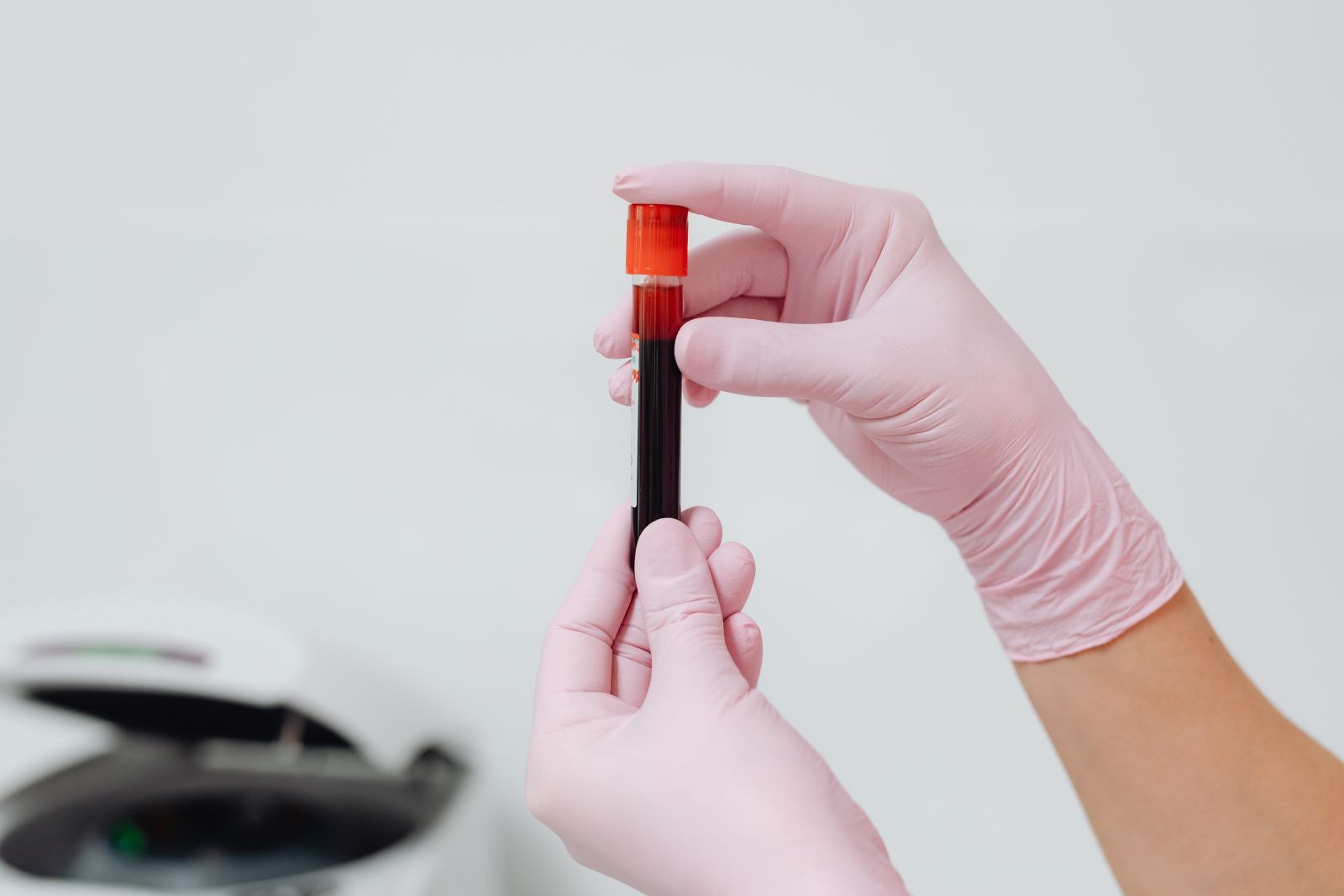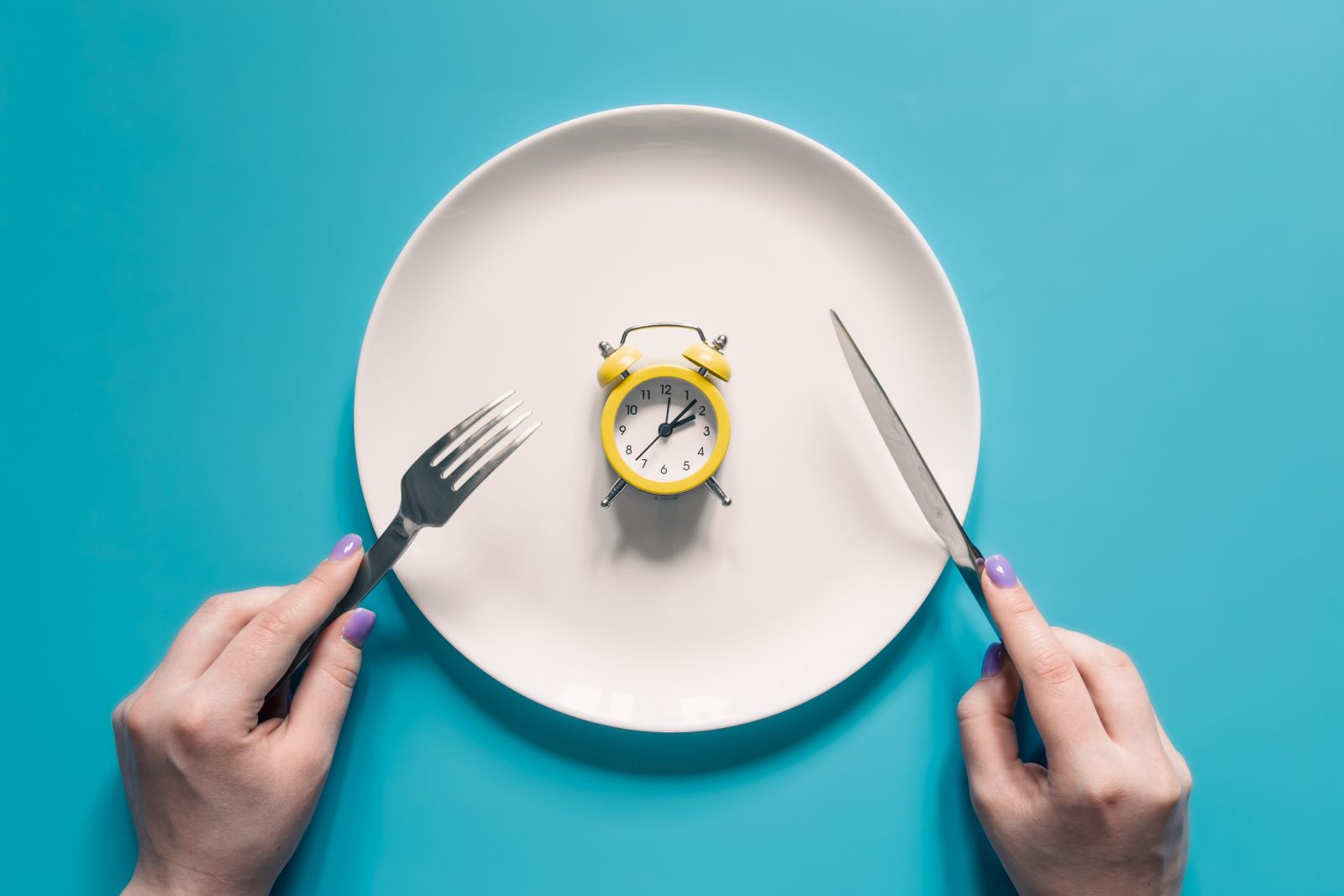Fasting before a health checkup aims to get more accurate results, but it can also be for safety reasons. When you eat and drink, your bloodstream absorbs carbohydrates, fats, proteins, vitamins, minerals and other nutrients. This can affect blood level readings, skew test results and potentially lead to misdiagnosis.
Types of tests that require fasting
Blood tests are a type of examination that requires fasting before the health check is performed. Apart from health checks that involve blood lab tests, there are also other types of tests that require patients to fast. Here's a more detailed explanation:
-
Blood glucose test: measures blood sugar levels, usually to help confirm the diagnosis of diabetes, prediabetes, and gestational diabetes.
-
Blood lipid test: measures the level of fats in the blood (cholesterol, triglycerides, HDL, LDL), usually to indicate whether or not there is a risk of cardiovascular disease.
-
Basic metabolic panel (BMP): measures several natural chemicals in the blood, usually to determine how well the heart, kidneys and liver are functioning.
-
Other tests: tests that require anesthesia, colonoscopy and gastroscopy.

Tests that involve blood lab tests are generally required to fast.
Length of Fasting Before Health Checks
Doctors will usually instruct patients not to eat or drink anything, except water, a few hours before the examination. How long a person needs to fast will vary depending on the type of examination and follow the doctor's instructions. Here are the times:
-
8-12 hours before the blood test (except water)
-
2 hours before a test under anesthesia
-
2 hours ahead of a colonoscopy test
-
6 hours before a gastroscopy test

The majority of fasting times before medical check-ups are 8-12 hours.
Questions and Answers about Fasting and Health Checks
Q: Is it okay to drink water during fasting before a blood test?
A: It is allowed. However, there are certain tests, such as those involving surgical or gastrointestinal procedures. In these cases, the stomach usually needs to be completely empty so that the test can be performed properly.
Q: Is it okay to drink coffee while fasting before a blood test?
A: Not allowed. Coffee contains caffeine and water-soluble vegetable matter, which may interfere with the test results. Coffee may also increase the frequency of urination, so patients may become dehydrated, which can make it difficult for health workers to find blood vessels.
Q: Is it okay to consume alcohol while fasting before a blood test?
A: Not allowed. Sometimes certain tests require patients to abstain from alcohol for 24 hours.
Q: Is it okay to take medicine while fasting before a medical check-up?
A: The answer depends on the doctor's instructions. Some medications are allowed, while others must be discontinued. In addition to medications, ask about any vitamins or supplements that you usually take.
Q: What if I accidentally eat or drink something other than water when I'm asked to fast before my health check?
A: Inform the health worker who will be handling it. Usually, the test will have to be rescheduled to ensure more accurate results.
Q: What are other things to avoid when fasting before a medical check-up?
A: Chewing gum, smoking, and strenuous exercise.
Q: When can I eat again?
A: Generally, one is allowed to eat after a blood test. However, for other types of examinations, ask the relevant health workers.
So, fasting before a health check is intended to make the results of the examination more accurate. This is because carbohydrates, fats, proteins, vitamins, minerals and other nutrients absorbed into the blood can affect the test readings, potentially leading to misdiagnosis. In general, one will be asked to fast 8-12 hours before the test, but this may vary depending on the type of test.
Let's download the Newfemme application now to get tips and other interesting information!

